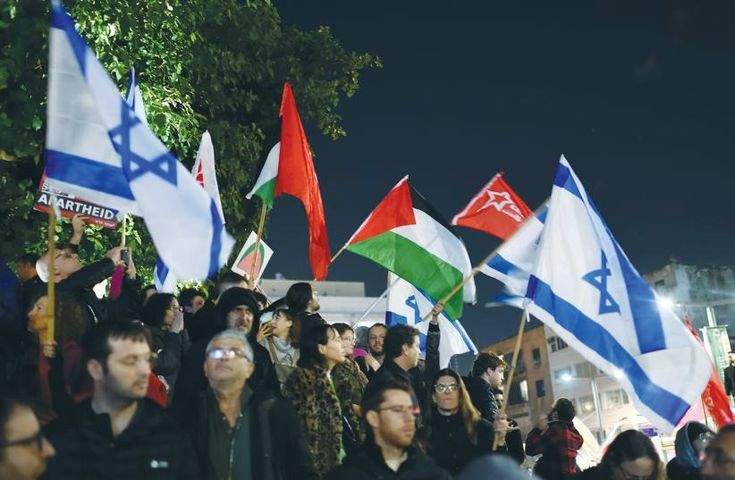The Israel-Hamas conflict in 2023 intensified the regional changes in Middle Eastern geopolitics and increased the recognition of the perpetual tension between Israel, Hamas and the Arab countries. The conflict recognized deep seated rivalry, upset regional integration processes and revealed cracks in partnerships. It also compelled those powers to think again on their commitments to both send and sustain peace processes across the world following the increased scale and scale of violence.
It shifted the dynamics of ceasefire negotiations in the entire Africa region. Diplomacy by Egypt and Qatar also became more complicated as the trust was eroding between the parties. Although temporary sanctions of ceasefire were made, a sustainable agreement to this was not attained. Continuing and new attacks and evolving expectations contributed to slow down the tempo of peacebuilding in any attempts that were made diplomatically.
Several Arab countries that have formed diplomatic relations with Jerusalem under the Abraham Accords suffered domestic reactions. Public pressure grew in the region and especially in the UAE and Bahrain where citizens raised their voices against their governments’ support to Israel which is surging to humanitarian concerns. This strained regional unity and it was also not going to augur well with future diplomatic relations between the countries.

Iran and Hezbollah capitalized on the conflict to ensure political influence by promoting anti-Israel stance and support for Palestinian organizations. This emboldened proxy groups across Lebanon, Syria, and Iraq increasing the insecurity level in the region. The conflict also helped to strengthen the role of Iran as an important figure in Middle Eastern geopolitics and deepen division among the actors of the region.
The burden of the war’s human cost led human rights advocates and international organizations to seek justice for Palestinian civilians and change the international perception of Israel’s military operations. There was renewed focus on arms sales and political support to the Yemeni unrest with western powers led by the United States being put under pressure. Therefore, any negotiations for a ceasefire led to discussions about the post-conflict environment, and lengthy negotiations on human rights and the status of the Israel-Palestine issue.
Conclusion
In conclusion, The Current Gaza War in Israel or war of 2023 could be said to have absolutely changed the political geography of the Middle East and widened the gap between two extremes to a greater extent. It further exposed the hollowness of existing negotiations for peace. It rekindled outstanding issues and made regional and international actors reconsider their positions. From now on any sort of interim cease-fire has to address the sources of conflict with fervor, with openness, and with the intention to provide long-term peace.